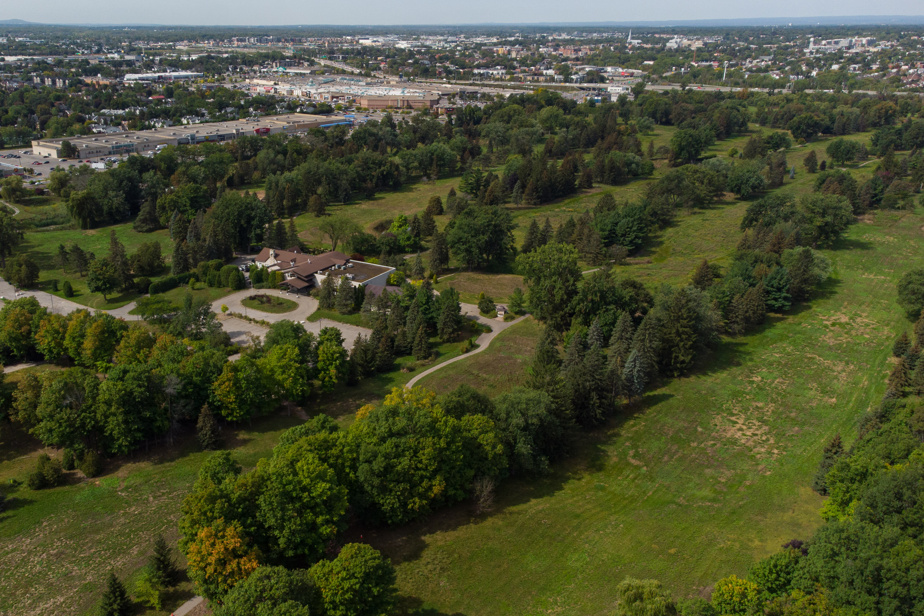The Metropolitan Community of Montreal (CMM), which faces lawsuits of at least 400 million dollars, wants to force Quebec to compensate it if it were to be condemned by the courts.
CMM board members were informed Thursday morning that several “warranty appeals” will be filed in Superior Court. A warranty claim is a legal procedure for a third party to be required to indemnify the appellant in the event of an unfavorable decision by the courts.
The CMM will file warranty claims for five cases in which it is being sued for disguised expropriation following the adoption of interim control regulations intended to protect the natural environments on its territory.
Lawsuits filed by promoters in these cases total more than $425 million. They were filed after the CMM adopted two interim control regulations (ICR) in 2022, the objective of which is to increase the proportion of natural environments on its territory. Both RCIs have been approved by the Government of Quebec.
“Through these appeals in warranty, the CMM requires that the Attorney General of Quebec, representing the Government of Quebec, be a party to these files as a defendant in warranty so that he is held fully responsible for any condemnation of the CMM for the imposition of these temporary moratoriums, the objective of which is to avoid irreversible damage to certain sensitive or natural environments and endangered species”, writes lawyer Marc-André LeChasseur in a letter addressed to the director general of the CMM, Massimo Iezzoni.
In his missive, obtained by La Presse, Me Lechasseur specifies that in his opinion, “the RCIs adopted by the CMM comply with the legislation, that the Minister of Municipal Affairs was right to approve them, that they are not unreasonable and that the lawsuits are without merit. At this stage, the question is not whether the ROIs are valid. It’s about who should pay if they’re not valid or their effects are confiscatory (which is obviously strenuously denied by MWC),” he adds.
Three of the five lawsuits alone total nearly $410 million.
In Rosemere, Quartier Melrose inc. filed a lawsuit against the City and the CMM for disguised expropriation after the adoption of the RCI to protect golf courses with potential for conversion into a natural environment. The developer bought the former Rosemère golf course in 2018 for $18 million in order to carry out a subdivision project. He claims $278 million.
In Candiac, the company 9454-9607 Québec inc, chaired by Minying Wu, is claiming $69.2 million from the municipality and the CMM when it bought the former golf course there for $22 million. in 2021.
On the Mascouche side, the company 9254-0087 Québec inc., which belongs to businessman Claude Duchesne, is asking for 62.5 million for the disguised expropriation of the former golf course located in the municipality. According to the lawsuit filed in Superior Court, the developer purchased the land in 2011 for $6.3 million.
According to Marc-André LeChasseur, these RCIs were adopted in order to respect government guidelines for land use planning. “These guidelines require the CMM to ensure the conservation of 17% of its territory, a figure increased to 30% since the recent COP15”, he writes.
The lawyer concludes his letter by noting that the CMM has already won its case in a similar case in 2019. The Court of Appeal then ruled that Quebec could be called in warranty in a lawsuit exceeding $43 million against the municipality of Léry and the Metropolitan Community of Montreal.

